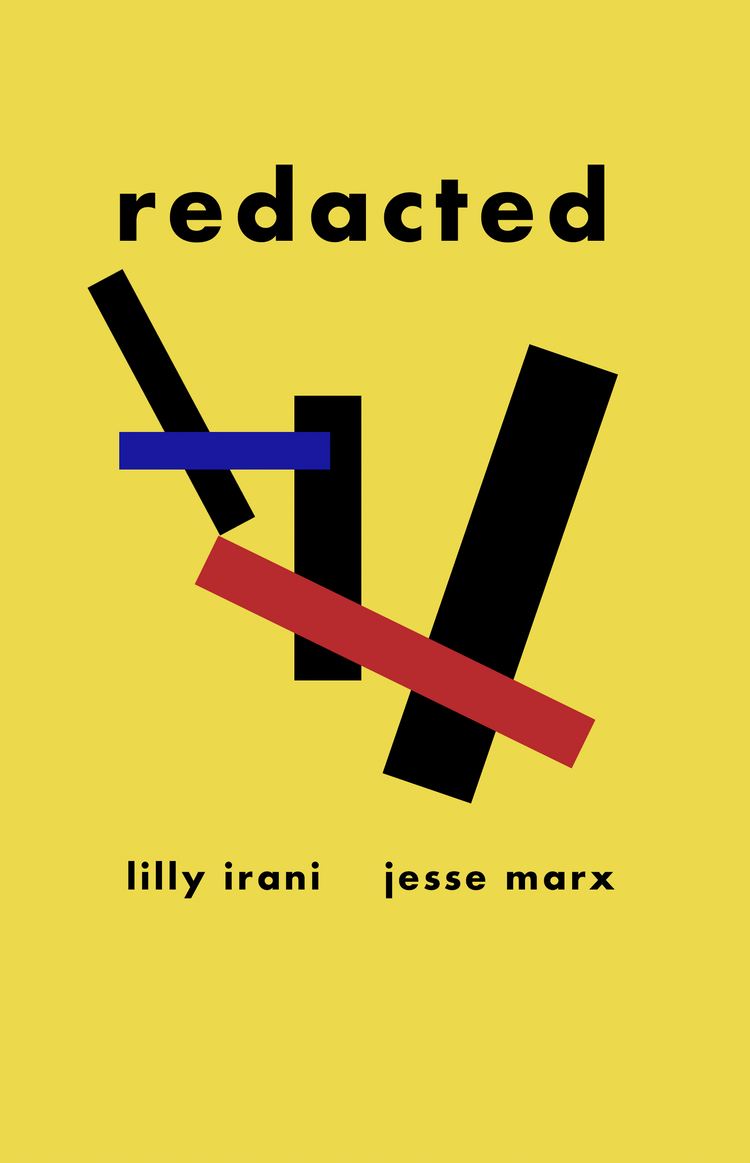Cedric Whitney and I published a report last week, “Broken Promises of Civic Innovation: Technological, Organizational, Fiscal, and Equity Challenges of GE Current CityIQ” as part of the work we do at the Institute for Practical Ethics.
Read the full report: “Broken Promises of Civic Innovation: Technological, Organizational, Fiscal, and Equity Challenges of GE Current CityIQ”
The claimed public benefits of the Intelligent Cities project, billed as the ‘the World’s Largest Smart City Platform’ by the city, were promoted as creating data for sustainability, promoting civic innovation, and saving energy on lighting. The City states that this project ‘is a tremendous technological benefit to the city and our citizens’[1], and that ‘from easier parking and decreased traffic congestion, enhanced public safety and environmental monitoring, enhanced bicycle route planning, to enhanced urban and real estate development planning, this platform can improve the quality of life in our city and boost economic growth’.
The city has already spent three years and millions of dollars on this platform implementation. Yet these aspirations for civic empowerment and sustainability data have not been realized. This project has been limited by technical breakdowns, organizational limitations, and an opportunity structure that adversely affects lower-income San Diegans.
Instead, the city is left with a surveillance system that pervasively records video in public thoroughfares and near homes, workplaces, and places of worship – and the city, not citizens, access and use the data. Ongoing data recording incurs costs of data storage, data transmission, and the electricity required to maintain operations of the networked computer system.
This report summarizes the results of investigation of the system at the Institute of Practical Ethics and Design Lab at UC San Diego into the implications of CityIQ smart streetlights for privacy and inequality.
Key findings:
- The planning data produced by the streetlights system is highly unreliable three years and approximately $7 million in loan repayments into the implementation. Smart streetlights, in effect, are only reliable as a video and audio surveillance system.[3]
- Three of the data modalities that are vital to the purported use cases (pedestrian, parking, and traffic data) have major operational flaws, including < 0.5% (only 12) of the cameras currently reporting pedestrian data.
- Despite promises to support civic innovation, technical infrastructures and organizational support are lacking and require ongoing and expanded financial investments.
- The City states that the platform has not led to a single running, externally created application on the platform. It is not in a position to be used by citizens or entrepreneurs.
- City of San Diego is using tax payer funds to beta test for GE Current, bearing risks and costs of a largely untested and highly complex public infrastructure. It is also paying taxpayer funds as GE Current learns how to fix its system for future clients and deployments.
San Diego is the first city to deploy the CityIQ smart city platform. The problems in implementation, including technical flaws in the CityIQ platform, can be attributed to problems that arise in the development and stabilization of any new complex technological system. However, policy makers and tax payers should evaluate whether the costs of unstable, early stage systems should be borne by the company that markets and profit from the system. High-tech companies often market their internet platforms as “permanently beta” and subject to adaptation, but costs and risks of system failure are currently borne by the City of San Diego.
Read the full report: “Broken Promises of Civic Innovation: Technological, Organizational, Fiscal, and Equity Challenges of GE Current CityIQ”
[1] Smart Streetlights Program – City of San Diego. https://www.sandiego.gov/sustainability/energy-and-water-efficiency/programs-projects/smart-city.
[2] This research was conducted by Lilly Irani, Cedric Whitney, Simrandeep Singh, Elizabeth Quepones, Lauran Irion, and Steven Rick at UC San Diego.
[3] The City has stated that CityIQ audio recording is available but not been enabled.
